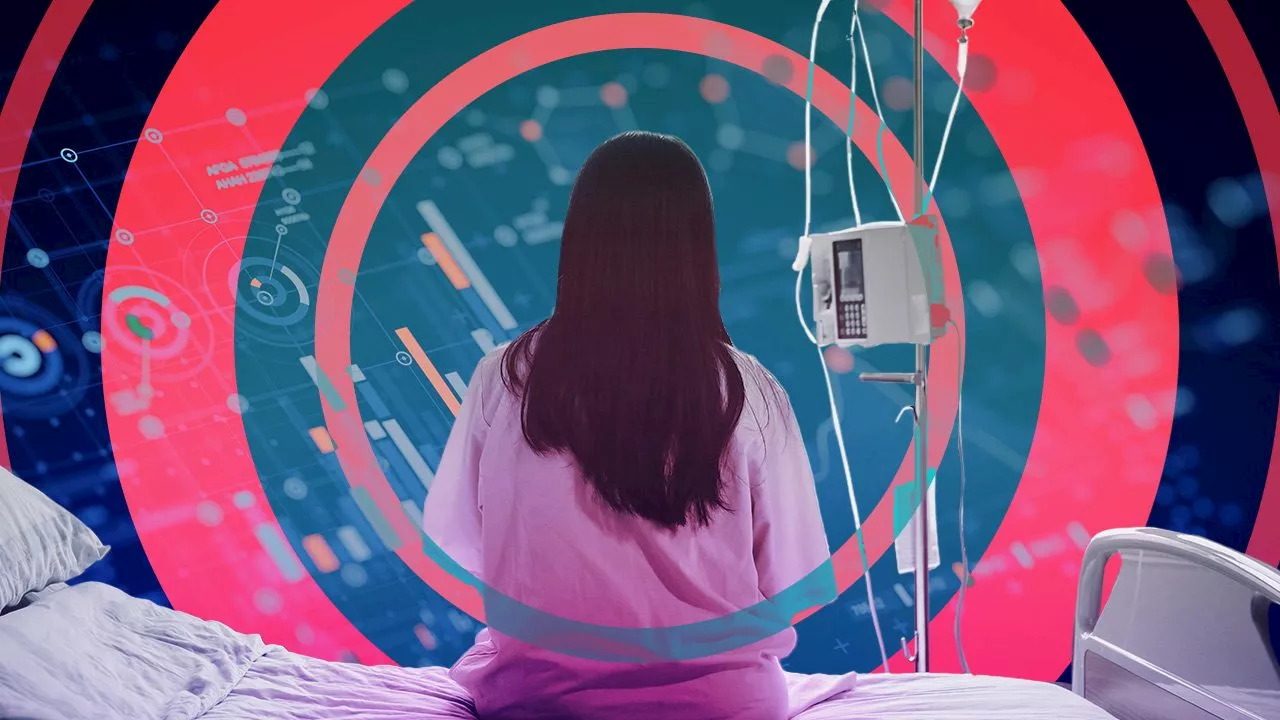This article outlines the key government guidelines in the Philippines aimed at safeguarding patient privacy and data security within the healthcare system. It covers the ethical obligations of healthcare providers, legal frameworks like the Data Privacy Act (DPA), and specific procedures for obtaining informed consent. The article also emphasizes the importance of limiting data access, preventing unauthorized disclosures, and adhering to social media guidelines to protect sensitive patient information.
Seeking healthcare involves disclosing a significant amount of personal information, much of which is sensitive. To safeguard patient privacy and data, healthcare providers in the Philippines are bound by several government guidelines. The Code of Ethics of the Medical Profession mandates the utmost confidentiality regarding patient information, except when required by law for the promotion of justice, safety, or public health.
This ethical obligation extends beyond physicians to all healthcare providers.Government laws and regulations, such as the Data Privacy Act (DPA) of 2012 (Republic Act 10173), explicitly protect patient data and privacy rights. The DPA outlines the rights of individuals concerning their data and the responsibilities of entities handling, processing, storing, or transmitting personal information. The Department of Health (DOH) recognizes the sensitive nature of healthcare data and issued the Data Privacy Guidelines on the Processing of Health Information to ensure compliance with the DPA. These guidelines aim to protect individual privacy while enabling efficient healthcare information exchange through initiatives like the Philippine Health Information Exchange (PHIE).Before collecting and processing personal information, healthcare providers are required to obtain valid, informed consent from patients. This consent must be documented in writing, recorded, or electronically transmitted and adhere to specific criteria outlined by the DOH's Health Privacy Committee (HPC). The patient must be of sound mind, at least 18 years old, and not under the influence of drugs or alcohol. They must also be provided with comprehensive information about the procedure or treatment, including its benefits, risks, and potential complications. Consent must be freely given without coercion or intimidation, and patients have the right to withdraw their consent at any time without repercussions.In cases where a patient lacks capacity to consent (e.g., minors, incapacitated individuals), authorized representatives, such as cohabitant partners for at least one year, parents, legal guardians, or individuals with special power of attorney, can provide consent on their behalf. However, certain exceptions exist for processing data without explicit consent, such as when a patient's life or health is at risk and they are unable to provide consent. The HPC emphasizes that access to patient health information is strictly limited to healthcare providers attending to the patient and authorized entities, provided prior consent is obtained. Furthermore, unauthorized posting of patient data on social media, including images, is prohibited and subject to penalties under the DPA. Healthcare professionals are reminded of their ethical obligations to protect patient privacy and avoid disseminating sensitive information online.The HPC defines a data breach as any unauthorized or impermissible acquisition, access, use, or disclosure of information, encompassing both patient and institutional data.
PATIENT PRIVACY DATA PROTECTION HEALTHCARE DATA PRIVACY ACT PHILIPPINE GOVERNMENT INFORMED CONSENT HEALTH INFORMATION EXCHANGE
Philippines Latest News, Philippines Headlines
Similar News:You can also read news stories similar to this one that we have collected from other news sources.
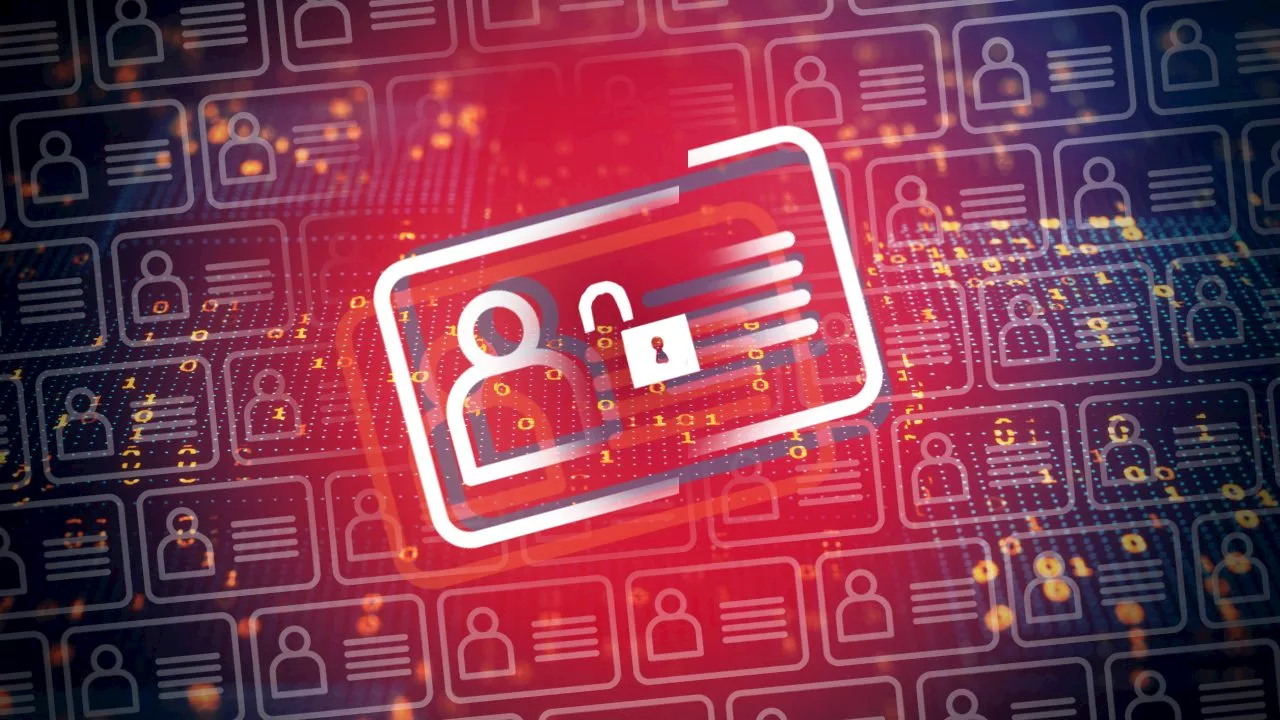 Protecting Yourself from Data Breaches in the Digital AgeAs online shopping grows in popularity, so do the risks of data breaches. This article provides crucial advice on how to mitigate these risks and protect your personal information.
Protecting Yourself from Data Breaches in the Digital AgeAs online shopping grows in popularity, so do the risks of data breaches. This article provides crucial advice on how to mitigate these risks and protect your personal information.
Read more »
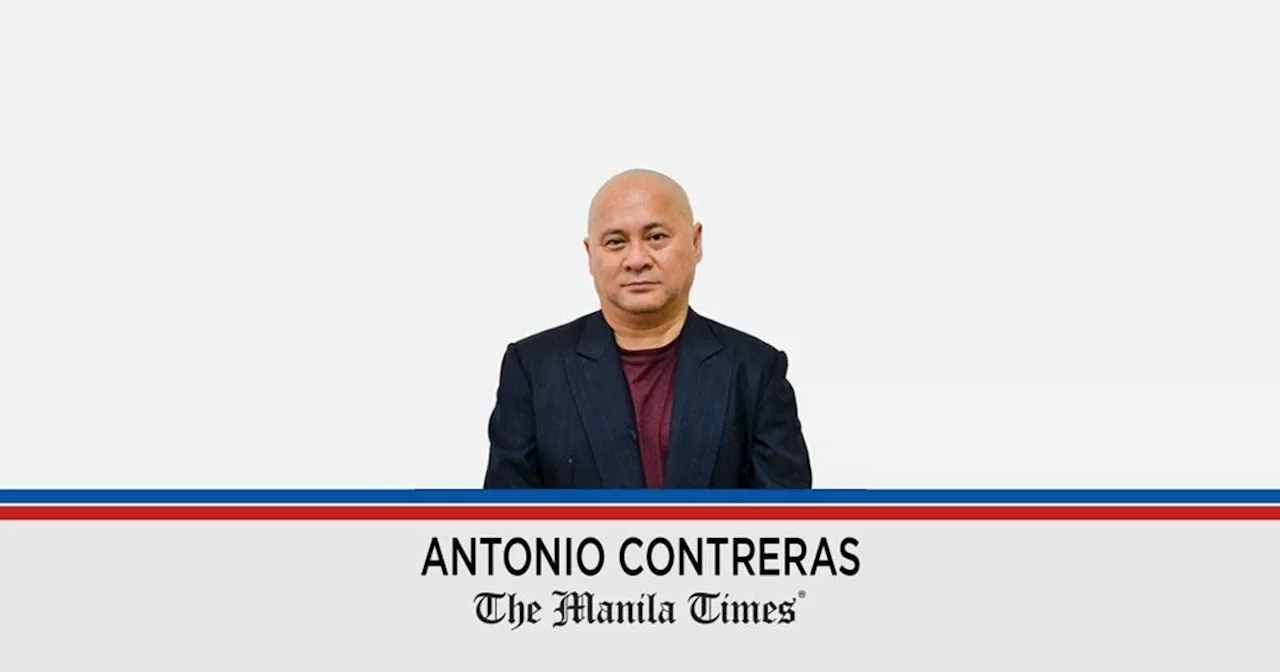 Student Grades: Protecting Privacy in an Era of TransparencyThis article explores the legal and ethical considerations surrounding the disclosure of student grades, emphasizing the importance of protecting student privacy while balancing transparency in educational institutions.
Student Grades: Protecting Privacy in an Era of TransparencyThis article explores the legal and ethical considerations surrounding the disclosure of student grades, emphasizing the importance of protecting student privacy while balancing transparency in educational institutions.
Read more »
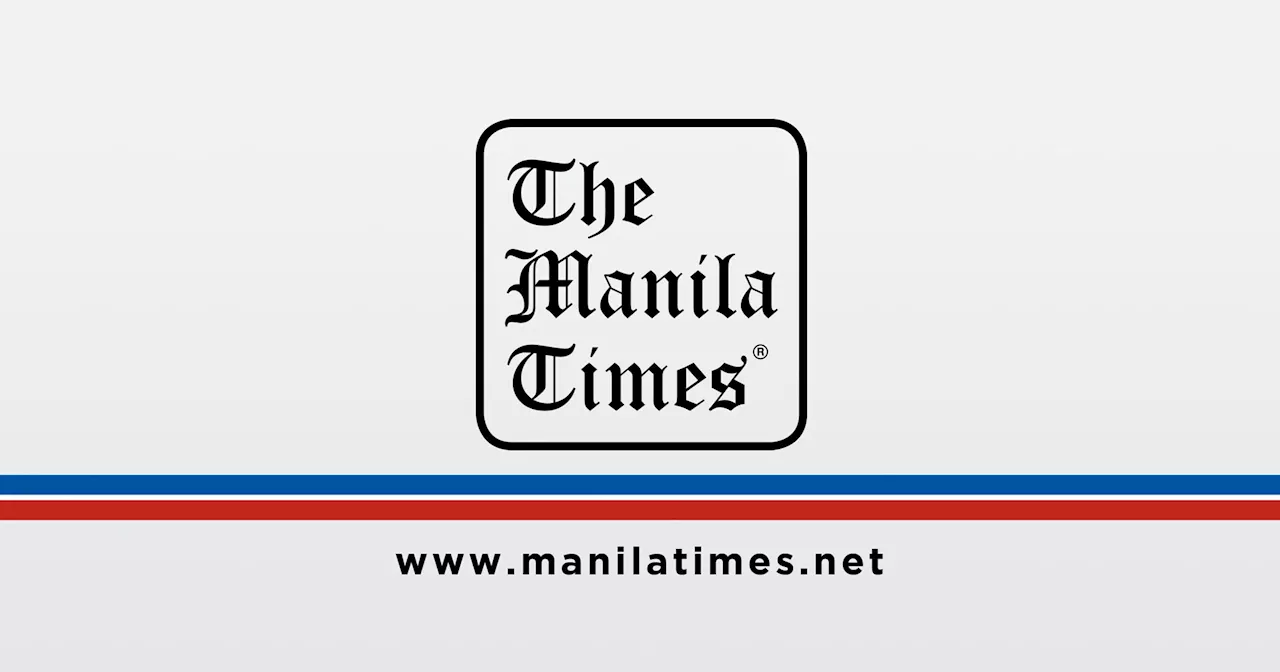 Data privacy in Philippine electionsAS the Philippines approaches its next major elections, digital platforms like Facebook, TikTok, and Instagram are at the forefront of political campaigns, enabling hyper-personalized targeting that reshapes voter engagement.
Data privacy in Philippine electionsAS the Philippines approaches its next major elections, digital platforms like Facebook, TikTok, and Instagram are at the forefront of political campaigns, enabling hyper-personalized targeting that reshapes voter engagement.
Read more »
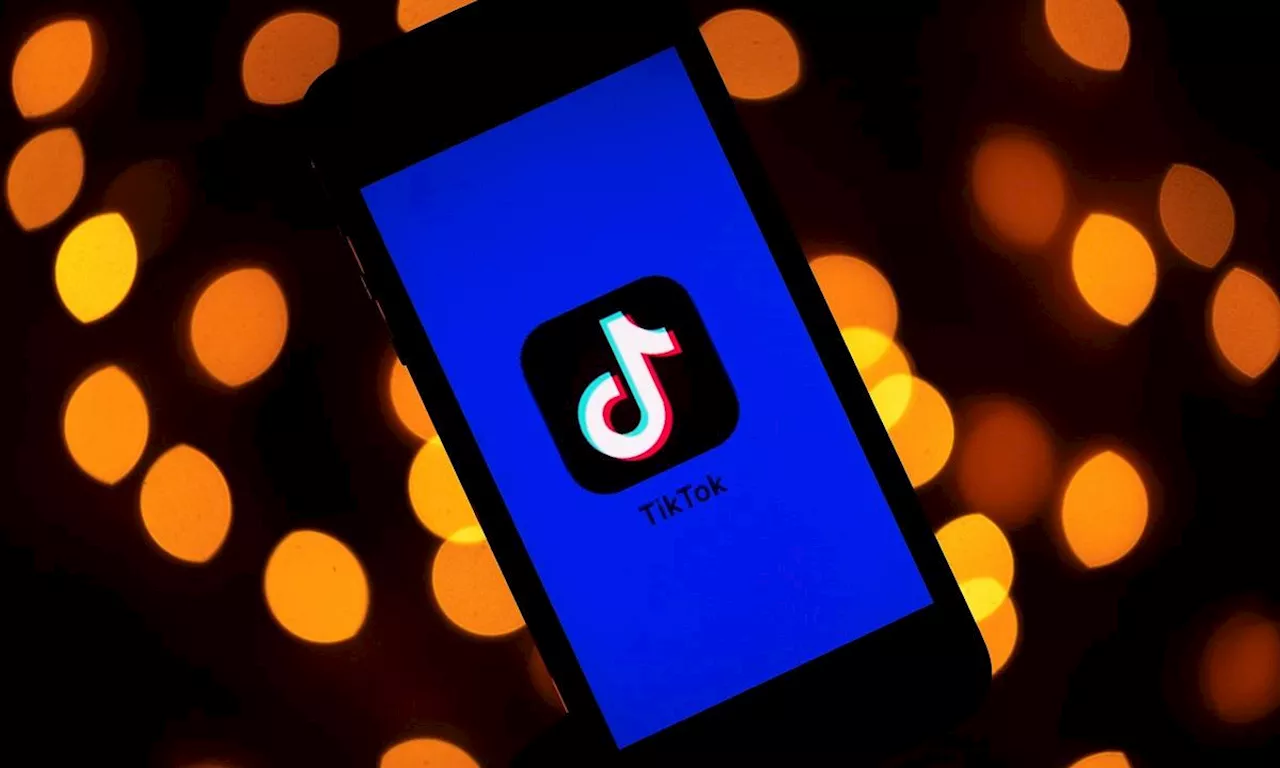 Noyb Files Privacy Complaint Against Chinese Companies for Alleged Unlawful Data Transfers to ChinaAustrian advocacy group Noyb filed a complaint against TikTok, Shein, Xiaomi, and three other Chinese companies, alleging they are unlawfully sending European Union user data to China. Noyb, known for its past complaints against American tech giants, seeks to halt data transfers and impose fines of up to 4% of a company's global revenue.
Noyb Files Privacy Complaint Against Chinese Companies for Alleged Unlawful Data Transfers to ChinaAustrian advocacy group Noyb filed a complaint against TikTok, Shein, Xiaomi, and three other Chinese companies, alleging they are unlawfully sending European Union user data to China. Noyb, known for its past complaints against American tech giants, seeks to halt data transfers and impose fines of up to 4% of a company's global revenue.
Read more »
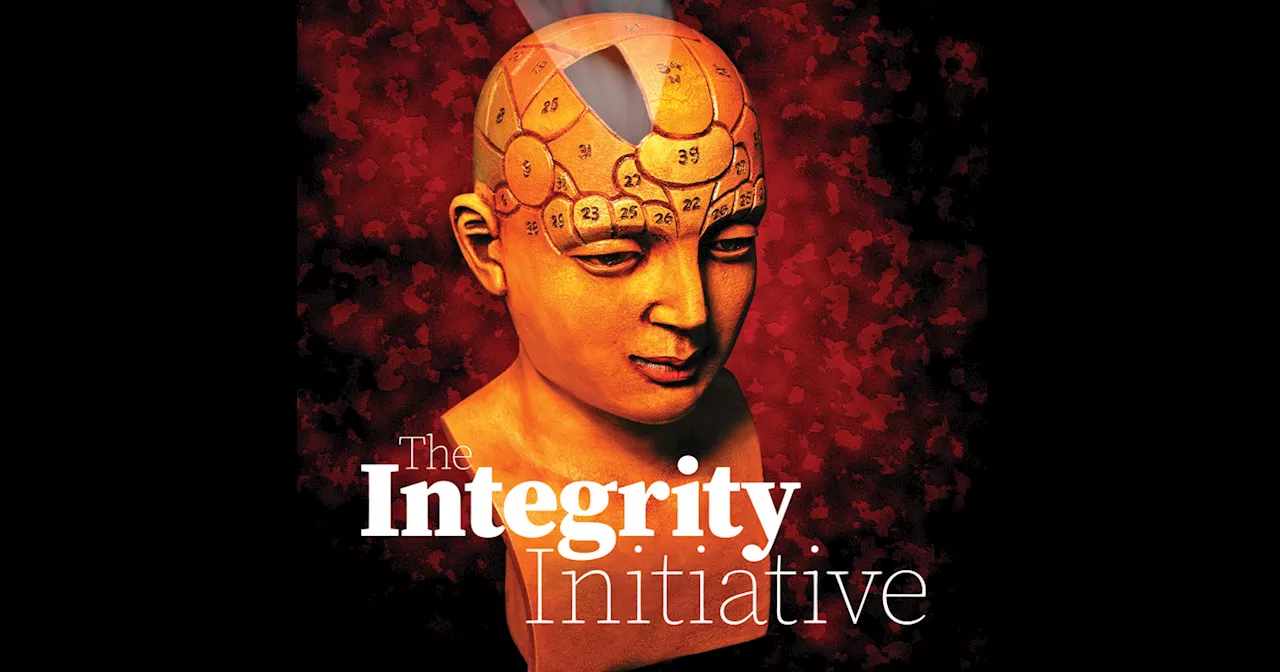 Risk assessments–needed in anti-corruption and in data privacy protectionPERFORMING effective risk assessments can be a difficult art to master. The very phrase—“compliance risk assessment”—can encompass a wide range of risks: anti-bribery, whistleblower retaliation, data privacy breach, workplace harassment, anti-competition, product safety, and much more.
Risk assessments–needed in anti-corruption and in data privacy protectionPERFORMING effective risk assessments can be a difficult art to master. The very phrase—“compliance risk assessment”—can encompass a wide range of risks: anti-bribery, whistleblower retaliation, data privacy breach, workplace harassment, anti-competition, product safety, and much more.
Read more »
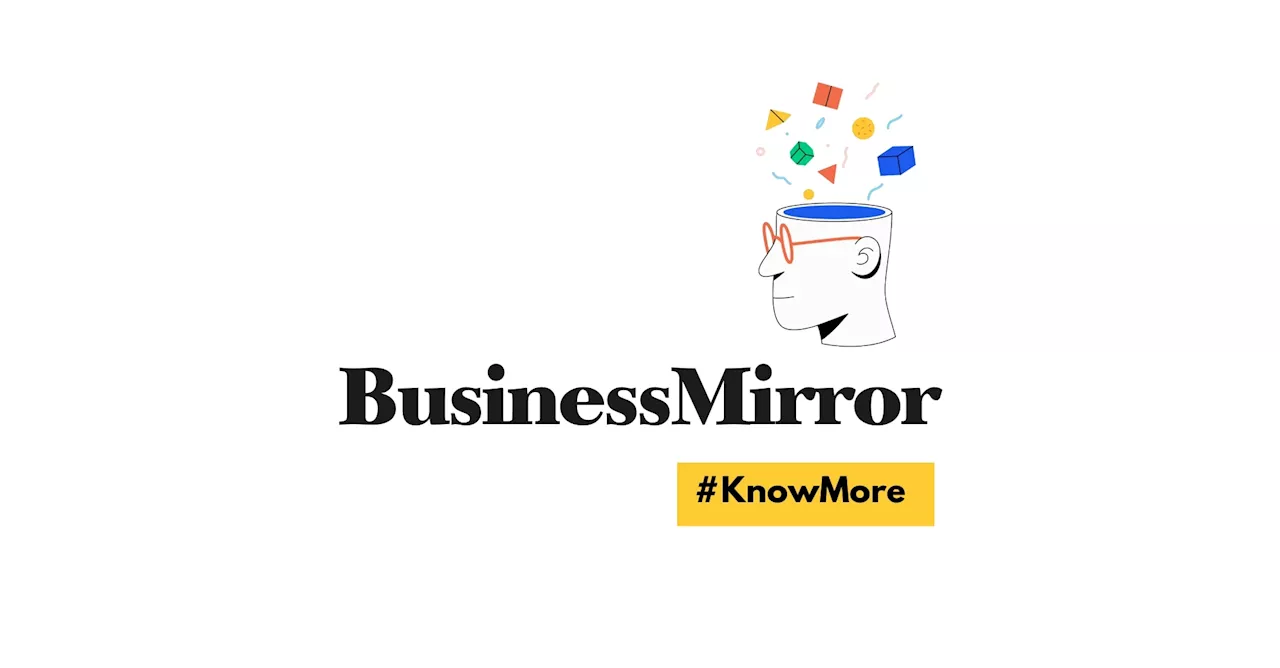 Philippine Military Recommits to Protecting Nation in New YearGen. Romeo Brawner Jr., Armed Forces chief of staff, emphasizes the military's dedication to safeguarding the Philippines and its people in his New Year's message.
Philippine Military Recommits to Protecting Nation in New YearGen. Romeo Brawner Jr., Armed Forces chief of staff, emphasizes the military's dedication to safeguarding the Philippines and its people in his New Year's message.
Read more »
